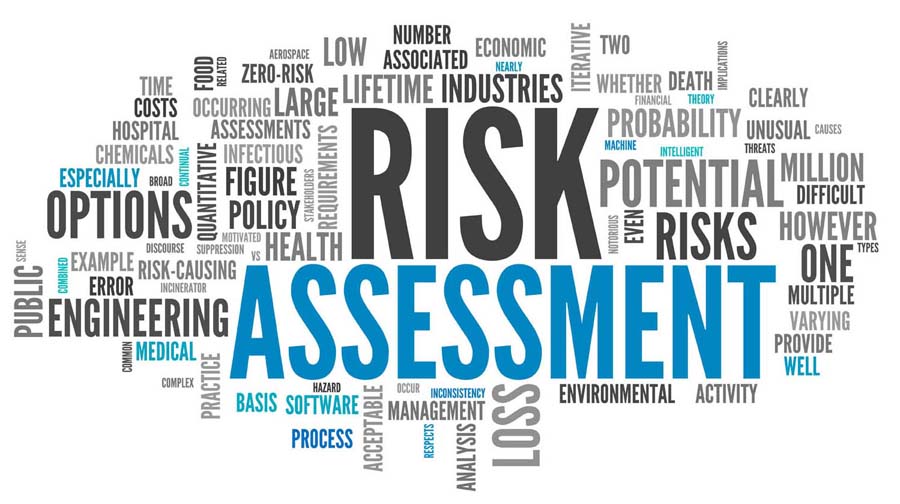If you have duties under Fire Safety law, you are not expected to be an expert in all areas, however, you do retain responsibility for ensuring that the assessment fulfils the requirements of the law. This can mean making sure you find someone who can handle this task for you, or learning the requirements yourself so you can carry the assessment sufficiently.
Whether you are thinking of becoming a fire safety assessor yourself or are just searching for someone who can help you with your regular assessments, below is a breakdown of what assessors need to know to meet the criteria set out by current UK legislation.
General Fire Safety Knowledge Criteria
Those responsible for conducting fire risk assessments should have a good overall knowledge of issues relating to fire safety risks and health and safety management. Important areas of knowledge include:
- The purpose and importance of the fire risk assessment
- Potential causes of fire in a premises
- A general awareness of the current laws relating to fire safety
- Familiarity with UK guidance on fire safety
- An understanding of how fire could behave inside a premises (e.g. travel paths)
- The effects of fire and smoke on people
- Methods of suppression and escape during outbreaks of fire
- Methods of fire prevention
The law doesn’t state that every individual responsible for carrying a fire risk safety assessment has expert knowledge of each of these areas, however, if you are working with a professional service provider who delivers assessments on a regular basis, you can expect that their knowledge will be quite extensive.
For employees and occupiers who have been designated the responsible person for carrying out an assessment for simple properties, a good general knowledge of the above is still extremely useful.
Application to Fire Safety Management
Fire risk assessors and independent agencies often collaborate with health and safety officers or building managers to help them create a comprehensive fire safety management strategy.
Equally, the person performing a fire risk safety assessment may also be the same person who will draw up the guidance for internal employees and assist in knowledge sharing and training when it comes to preventing fires and putting in place initiatives to mitigate risk. They may also be responsible for the following areas:
- Recommending staffing levels and the distribution of employees throughout a premises to avoid evacuation difficulties or fire risks
- Fire training drills for a workforce including emergency and evacuation procedures
- Creating or maintaining fire safety signs and evacuation signage
- Controlling the activities of temporary workers, contractors, builders or others who are not usually on premises
- General maintenance and testing of fire detection and prevention systems
Issues Relating to People and Nearby Structures
A qualified fire risk assessor should have a sound knowledge of issues relating to people and nearby structures. It is especially important that individuals know who is most at risk (e.g. disabled, elderly, children) when fires break out, as well as how fires could spread to other buildings and areas, such as neighbouring offices or even residential buildings where people may be sleeping and unaware of the fire safety alarm or detection systems in place.
Do Assessors Need a Qualification?
A qualification isn’t required to prove competency necessarily, however, many qualifications, certifications and accreditations do exist that are designed to give people the tools they need to be reliable and effective fire risk assessors or safety managers. In a more general sense, competency can encapsulate training, real life experience, academic study, or guidance from supervisors or an organisation.

